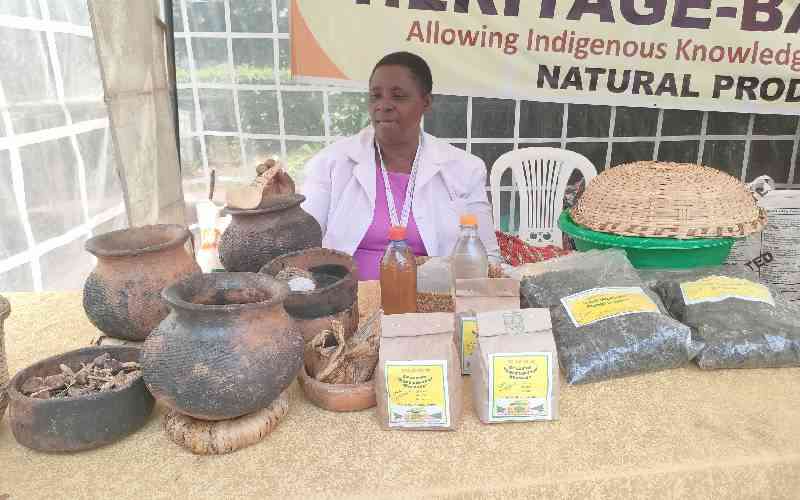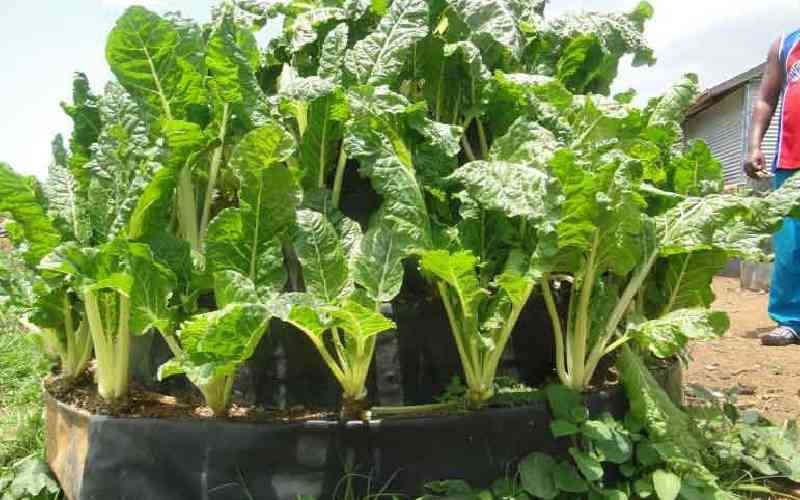×
The Standard e-Paper
Home To Bold Columnists

In February this year, OLX launched an agriculture category with the aim of facilitating agricultural trade in an efficient way given the sector's importance to the country's GDP.
One major finding about the local potato market was that the supply and demand were highly fragmented. Standing in between was a large brokerage network where brokers from the farms collaborate with those based in urban centres to facilitate aggregation and distribution of agricultural produce.







